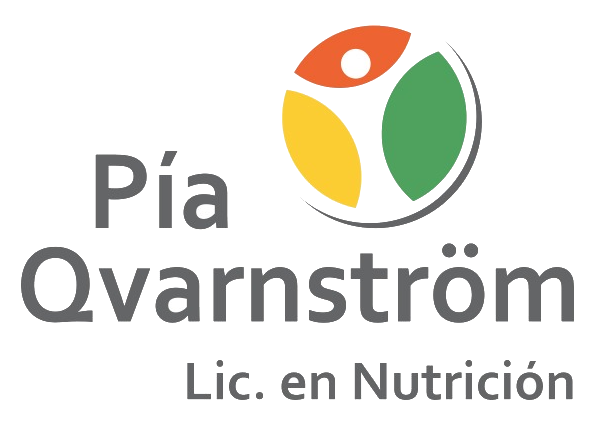Education
Frequently Asked Questions
ARE THERE ANY PROHIBITED FOODS?
Personally, I'm not one to prohibit anyone from consuming a particular food. There are foods that are high in caloric density (calorie-to-volume ratio), and when combined well with other low-density foods, nutrient absorption improves. The reality is that the choice to consume them or not has to be a personal one, based on the patient's own motivation to avoid them, not because someone is prohibiting them.
ARE THERE WEEKLY ALLOWANCES?
Just as there are no forbidden foods, there are no permitted ones either. It is one thing to seek them out, and another thing to find them in a particular circumstance (work, social, circumstantial). In these cases, it is about choosing the best option, but never avoiding them; fasting is worse.
IS IT GOOD TO CONSUME RED WINE EVERY DAY?
The reality is that wine contains alcohol, which provides empty calories. This means they don't serve as an energy reserve and have no physiological function in the body; they're just calories. Therefore, if a change in body composition is necessary, it's best to avoid it. It's true that it improves blood flow and vasodilation, preventing the deposit of fat on the walls of arteries. So, if there's no need for a physical change, and it's a personal habit, it's fine to maintain it in moderation. However, if it's not a habit, it shouldn't be incorporated as such.
IS MEAL TIME IMPORTANT?
Meal timing is extremely important! This is related to what's called the circadian rhythm (our biological clock) and the body's metabolism. This rhythm influences how the body uses everything it eats, as it relates to light, enzyme release, and hormone production.
WHAT PHYSICAL ACTIVITY SHOULD I DO?
The most suitable activities to help convert fat into muscle are aerobic ones that involve a greater number of muscles. Exercises that work against the force of gravity (walking, running, dancing, skating, or climbing stairs) are easy to perform. Furthermore, combining them with some strength training helps stimulate energy expenditure, since people with a low percentage of slow-twitch muscle fibers are less likely to burn fat. It has been proven that basal metabolism and daily energy expenditure vary depending on an individual's muscle mass concentration.
WHEN DOING PHYSICAL ACTIVITY, IS IT BETTER TO EAT BEFORE OR AFTER?
It is always recommended to consume a complete diet before engaging in physical activity. This should include simple carbohydrates (dairy or fruit); complex carbohydrates (cereals or bread); proteins (dairy, cereals or bread); and healthy fats (nuts or seeds). Everything depends on the type, duration, and intensity of the activity. There are studies that recommend exercising on an empty stomach; personally, I don't find it physiological from a metabolic perspective, as the person could experience hypoglycemia if not well controlled, and it could even be counterproductive, leading to muscle loss. These types of strategies must be well controlled and used in very specific cases.
INFORMATION
Adequacy of caloric intake in hospitalized patients
Pía Qvarnström is one of the authors of the study "Adequacy of Caloric Intake in Hospitalized Patients." The study concludes that low energy intake is prevalent in more than a third of hospitalized patients.
VIII Argentine Congress of Nutrition Graduates
This congress was held in Mar del Plata from April 27 to 30, 2000.
Causes and associations of diarrhea







